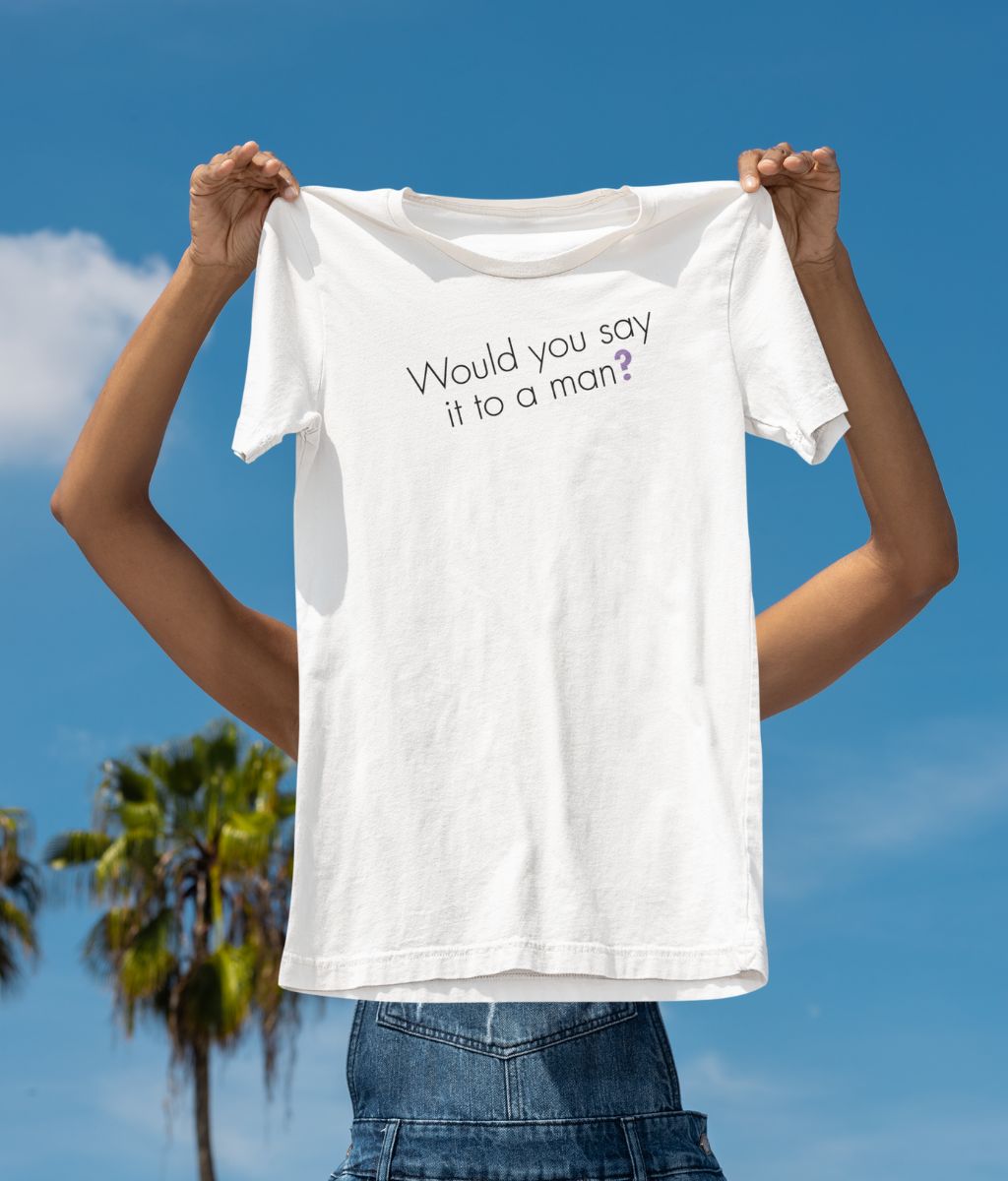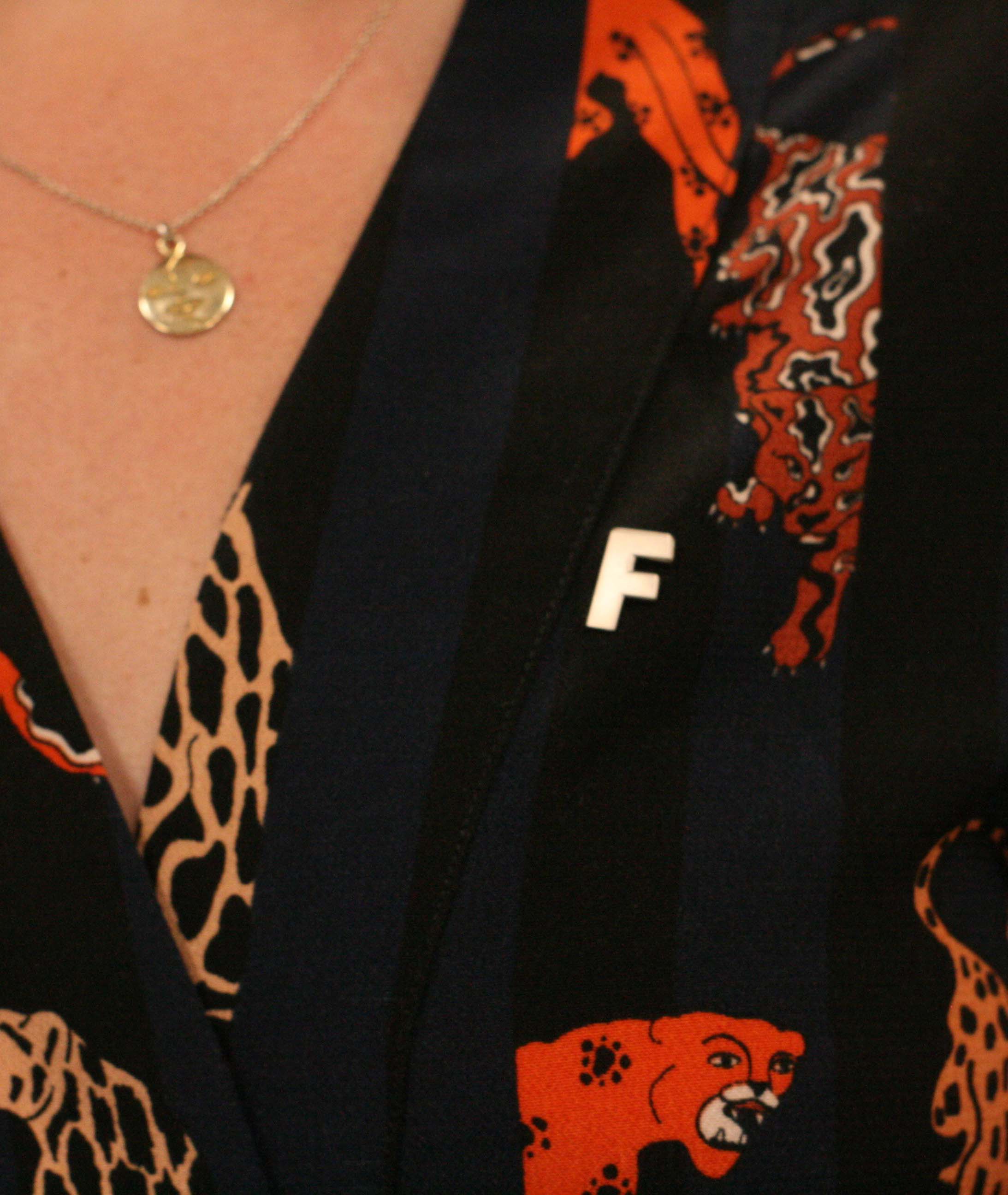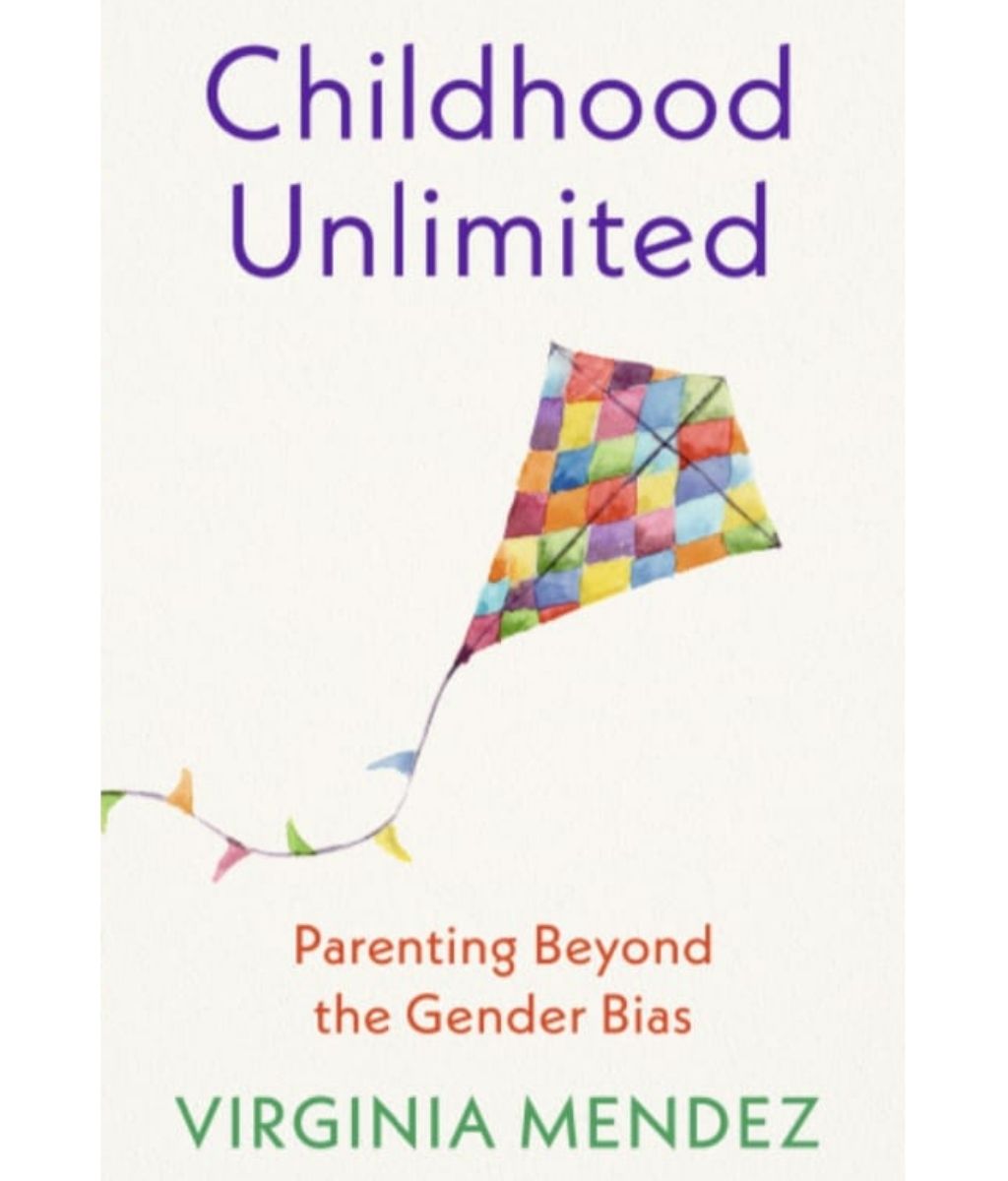There is so much feminism to do outside the school gates. There are so many important conversations happening within those parents (ahem, mostly mothers) talking about the daily things, sharing different perspectives and learning from each other.
I have been accused in the past of being "refreshingly honest" which as we all know, in this corner of the world, means "could you please refrain from saying your opinion, you are making everyone uncomfortable". But because refreshing I am, I feel really inclined to write about a topic that we were discussing outside the gates this very morning.
Gendered children's birthday parties. What is that about?
I get it, you don't want to invite the whole class, because there are so many kids, it is a lot of mess, a lot of money, a lot of hassle. Not everyone wants or can go that big, but sure there are other solutions.
Why don't you only invite the kids with the same hair colour or eyes colour than your kid? I mean, if we are pushing an arbitrary physical reason I am not sure why genitalia is the only one that we can agree on.
If you think about it, it is quite innovative and it is not as damaging in the long run as the constant separation of people by their gender perpetuating the idea that we are very different, that we have different interests and that we need to bond within the "us" and not with "them". It is awkward, I give you that, but at least it is not part of the many messages that kids receive every day pointing them in the “right” direction of who they are supposed to be.
It is not like further down the line blond kids are going to have expectations attached to them, the same way that girls, for example, do. It is not like the behaviours of brunette kids is going to be justified because "you know how kids with brown hair are", And according to Amnesty there are as many people born with intersex traits than with red hair. So it seems pretty fair to me! ...
The more I thought about it the more tempted I was to bring that idea to Eric’s or Nora's next birthday. But then I thought that Eric, when he speaks to me about his friends in school, mentions different names and I don't know their hair colour. It would be unfair for me to leave out one of his close friends, one of the kids that he enjoys spending time with, just because they have the "wrong" hair colour, especially when I would probably bring a kid that he has nothing in common with instead, maybe a kid that he particularly dislikes, just because they happen to have the "correct" one. I hope you get where I am going with this, right?
So no, I don't think arbitrary body attributes really works. What about then making the party an opportunity for celebrate with their closest friends. ? Basically as we adults like our parties.
But it is not that easy, I can hear you thinking. How do you explain to your kid that they are not invited if there is not a very obvious and objective reason?
Well, my approach would be honesty. You explain to them that this kid could only invite a certain amount of people and they only chose those that are their closest friends. To explain it, you can find out if your kid would have invited them if they had to choose only their very best friends and, ultimately, you help them to deal with rejection. You let them understand that nobody is on everyone’s “favourites list”, and that is ok. You remind them that they have other friends and that sometimes we can't do things or go to things even if we want to and that it sucks, but we can't let it affect how we feel about ourselves. We use that opportunity to have a conversation and reinforce that they are much more than being one of someone else's favourite friends and that there will be parties that they will go to. We walk them through that situation with kindness and empathy, and understanding that they have ahead of them a life full of rejections (we all do!) and that we can't protect them from everything by saying "it was only for boys" or "it was only for girls".
I am a bit scared that we are teaching our kids sexism as a way to avoid them dealing with rejection. We won't be able to protect them forever from rejection, even if we parents temporarily make a secret deal about gender parties, but we can equip them to deal with it in a healthy way when it inevitably appears. And trust me, both rejection and sexism will appear.
----
Obviously don't be the parent that invites 28 kids in the class and leaves 2 behind. We can't teach our kids kindness if we don't practise it ourselves. So no, this is not about that one time that your kid wasn't invited and everyone else was and how horrendous it was. I bet it was, that is cruel. This is about the apparently normal way to deal with parties in which all-but-only the boys/girls are invited to avoid inviting the whole class.











0 comments